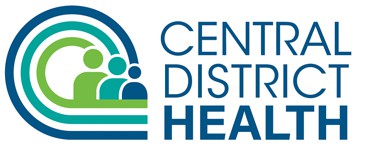BOISE – Central District Health (CDH) was notified Tuesday, Sept. 20, of one case of meningitis in an off-campus student attending Boise State University. Although Neisseria meningiditis, the bacteria that causes this disease can lead to infection of others, and ultimately meningitis or bloodstream infection, it is not easily transmitted. Even if infected, with proper treatment, most people recover.
The student is currently recovering at a local hospital. CDH and university officials are identifying and directly contacting close contacts of the ill student to connect them with preventive antibiotics. Early treatment with antibiotics may effectively prevent the disease from developing.
Those considered close contacts include household members, people socially close enough to have shared saliva (such as sharing eating utensils, cigarettes/vaping devices, food and beverage containers), and/or anyone directly exposed to nasal or throat secretions from the student. Bacterial meningitis is not as contagious as COVID-19 or the flu. It is not spread by casual contact or by just breathing the same air where an infected person has been.
Symptoms of Meningitis or Bloodstream Infection
Symptoms associated with meningococcal infection may include fever, severe headache, chills, stiff neck, confusion, nausea, vomiting, joint or muscle pain, and sometimes a red or purple rash. Anyone experiencing these symptoms should reach out to their health care provider for further consultation.
Preventing Meningitis or Bloodstream Infection
Keeping up to date with recommended vaccines is the best protection against meningitis. Maintaining healthy habits (like good hand hygiene, getting plenty of rest, and reaching out to a health care provider when sick) also helps individuals to stay healthy and to control the spread of disease. More information on how to prevent meningitis can be found on the CDC Website.
# # #
Contact: Amber Myszka
Desk: 208-327-8639 | Cell: 208-871-1712

